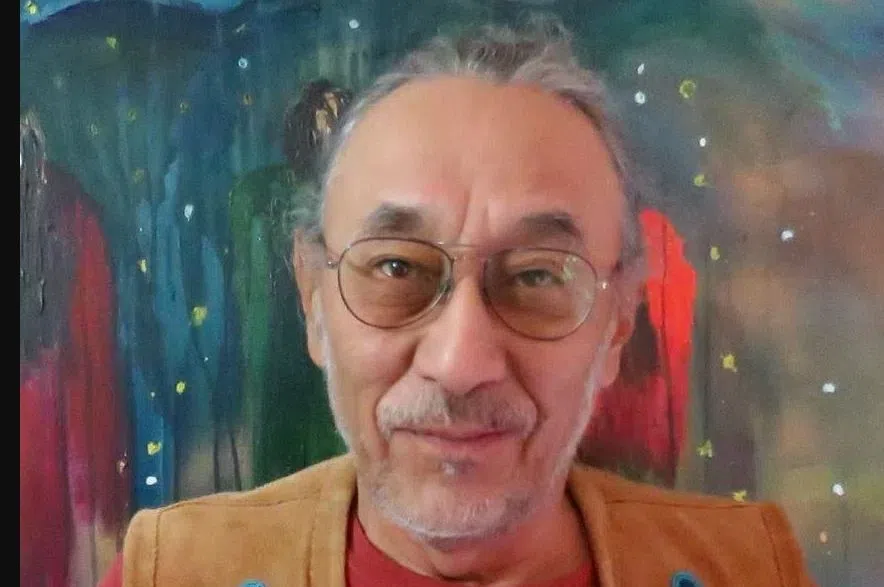Solomon Ratt attended residential school as a child, where he witnessed firsthand the attempt to stamp out the Cree Language.
Now, Ratt looks on with a sense of accomplishment as he has been named to the Order of Canada for his efforts in revitalizing and preserving the Cree language.
On Thursday, Ratt was announced as one of 83 new members of the Order of Canada by Governor General Mary Simon.
Ratt was instrumental in developing the first Cree language bachelor studies program.
“I feel great about it, it’s a wonderful honour,” said Ratt, who is a professor emeritus at First Nations University.
Ratt has authored several books, worked as a storyteller and is a primary contributor to the Cree Literacy Network, which is dedicated to preserving and revitalizing the Cree language.
“It’s a recognition for the work that I’ve done and it’s more of an honour for the Cree language than for myself. That’s how I look at it,” he said.
In the 1980s, Ratt worked in a committee alongside Dr. Terry Klokeid, Dr. Jean Okimāsis, Dr. Ahab Spence and Margaret Cote at Saskatchewan Indian Federated College to develop language classes and programs for Cree and Saulteaux.
“It was a good committee to work with and we looked at all aspects of Cree language and what we needed to do,” he said. “We needed to look at the linguistics aspect of the language, and more importantly, we needed to see the language as it operates in our traditional stories and how to bring those into the classroom – and also how to develop language classes itself from introductory to senior level classes.”
READ MORE:
- More Sask. students will learn in Cree, Dene thanks to Indigenous teacher ed. funding
- Saskatoon schools revitalizing Indigenous languages
- Donation made to University of Regina to preserve Indigenous languages
Other Indigenous language programs have since been developed at universities across Canada, which Ratt finds encouraging.
He cited programs in development at the University of Saskatchewan, University of Victoria and University nuhelot’įne thaiyots’į nistameyimâkanak Blue Quills in Alberta.
“It makes me feel good to see this development in our languages because, for years, languages have been ignored,” Ratt said. “Basically through the residential school system, the powers that be tried to do away with our languages.”
Ratt went to Prince Albert Indian Residential School from when he was six years old until Grade 9.
Ratt said he would often speak Cree when he was away from the school caretakers and spoke it whenever he would return home for the summer with his parents since his parents didn’t speak English.
Ratt said he was grateful for the opportunity to speak with his parents as many who went through the residential school system were unable to retain their first language.
Ratt said preserving the language is vital to preserving the culture inherent to it.
“That’s where all the cultural codes are – in the traditional stories and we have to bring these traditional stories back into our society, back with our people,” he said.







